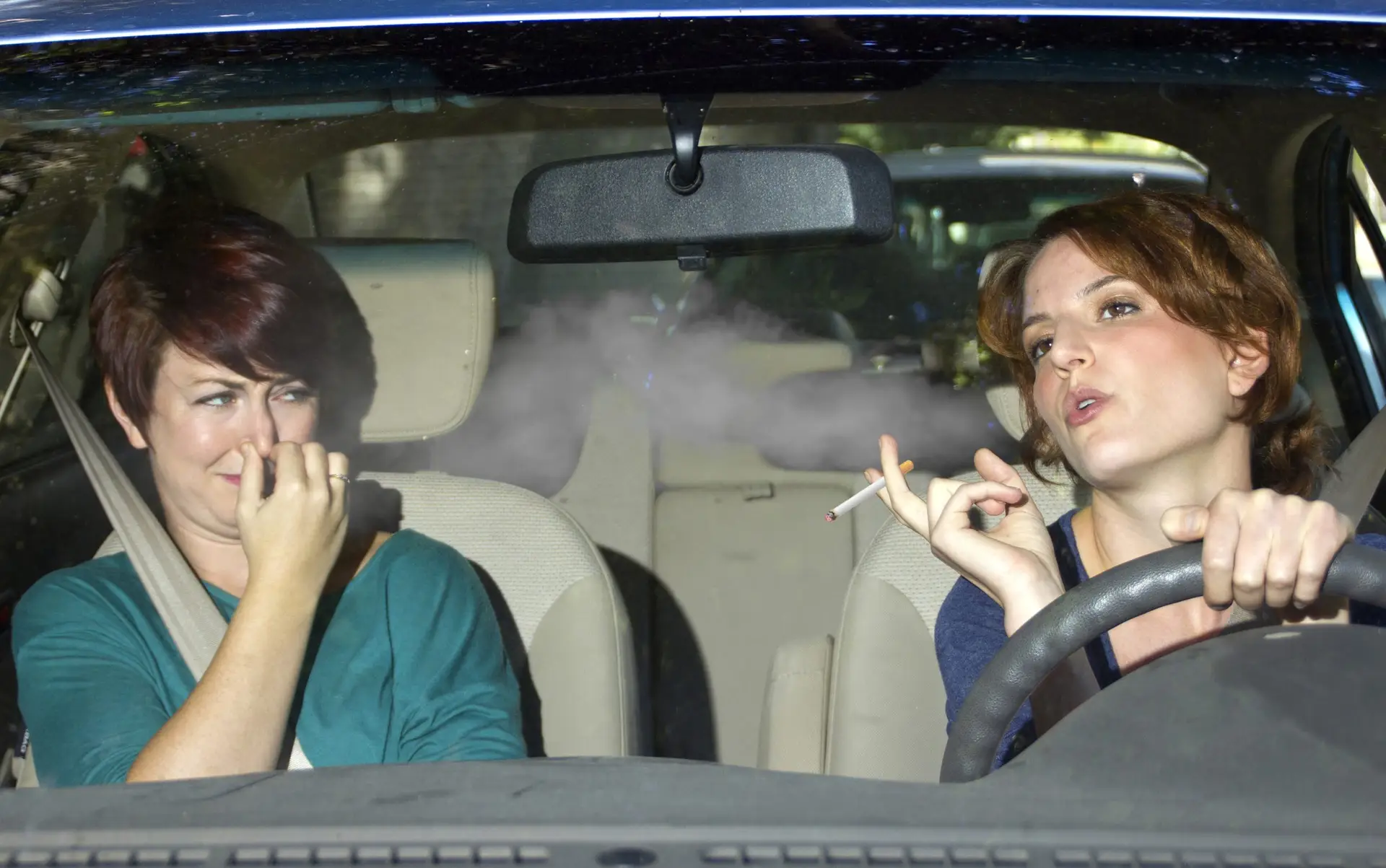
Secondhand Smoking: Risks and Prevention
Secondhand smoking, also known as passive smoking, is when someone inhales the smoke from someone else’s cigarette, cigar, or pipe. This type of smoking can be just as harmful as actually smoking, and is associated with similar health risks.
In this article, we will explore the risks related to secondhand smoking and provide some tips on how to prevent it.
Risks of Secondhand Smoking
Secondhand smoking is the cause of numerous health problems, including lung cancer, heart disease, and respiratory problems. In fact, the U.S. Environmental Protection Agency officially classified secondhand smoking as a Group A carcinogen. This literally means secondhand smoking can cause cancer in humans. Children who are exposed to secondhand smoking are also at risk for sudden infant death syndrome (SIDS), asthma, and other respiratory infections.
Prevention of Secondhand Smoking
The best way to prevent secondhand smoking is to avoid being around smokers or not going to places where people smoke. However, there are several other steps you can take to minimize your risk:
Create a Smoke-Free Home
If someone in your household smokes, ask them to smoke outside or in a designated smoking area away from other family members. You can also install air purifiers to help remove smoke particles from the air.
Choose Smoke-Free Public Spaces
When possible, choose public spaces that are smoke-free, such as restaurants, bars, and other businesses. However, if you are somewhere, where smoking is allowed, sit in a designated non-smoking area.
Talk to Your Employer
If your workplace allows smoking, talk to your employer about implementing smoke-free policies. Additionally, this can help protect the health of employees and customers.
Educate Others
Talk to your friends and family members about the dangers of secondhand smoking and encourage them to quit this bad habit or seek help to quit.
Support Smoke-Free Policies
Support smoke-free policies in your community and advocate for stronger laws that protect non-smokers from the dangers of secondhand smoke.
Avoid Exposure During Pregnancy
Secondhand smoke, can increase the risk of miscarriage, low birth weight, and other complications. Hence, it is important for pregnant women to create a smoke-free home and workplace environment.
Use Nicotine Replacement Therapy (NRT)
If you or someone you know is trying to quit smoking, consider using nicotine replacement therapy. NRT products like nicotine gum, patches, or lozenges can help reduce cravings and withdrawal symptoms.
Seek Help to Quit Smoking
Quitting smoking can be difficult, but it is the best way to protect yourself and others from the harmful effects of secondhand smoke. There are many resources available to help smokers quit, including support groups, counseling, and medication.
Encourage Smoke-Free Policies in Multi-Unit Housing
If you live in an apartment or other multi-unit housing, talk to your landlord or property manager about implementing smoke-free policies. These policies can help protect non-smoking tenants from secondhand smoke exposure.
Stay Away from Smoke-filled Areas
If you are in a location where smoking is allowed, try to stay away from areas where people are smoking. You can also ask smokers to move away from you or choose a different location.
Avoid Smoke Exposure in Cars
If someone is smoking in a car, it can create a concentration of smoke that is particularly harmful. If possible, avoid riding in cars with people who are smoking.
Keep Children Away from Smoke
Children are particularly susceptible to the harmful effects of secondhand smoke, so it’s important to keep them away from smoke-filled areas. So, if you have children, make sure your home and car are smoke-free environments.
Use Protective Gear in the Workplace
If you work in an environment where smoking is allowed, consider using protective gear like a respirator or mask to reduce your exposure to secondhand smoke.
Wrapping Up
Secondhand smoking can have serious health consequences, and it is important to take steps to protect yourself and your loved ones. By creating a smoke-free home, choosing smoke-free public spaces, talking to your employer, educating others, and supporting smoke-free policies, you can help reduce your risk of exposure to secondhand smoke.
Looking for a reliable and eco-friendly pest control service to help protect your home and family from pests? Look no further than ECOS! Our expert team uses safe and effective methods to remove pests from your home while minimizing the impact on the environment. Contact us today to schedule a consultation and learn more about our pest control services. Protect your home and loved ones with ECOS!

